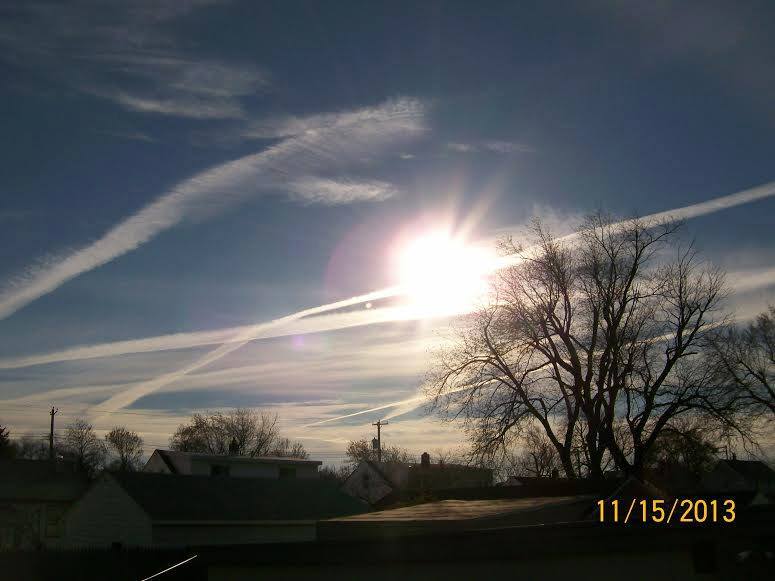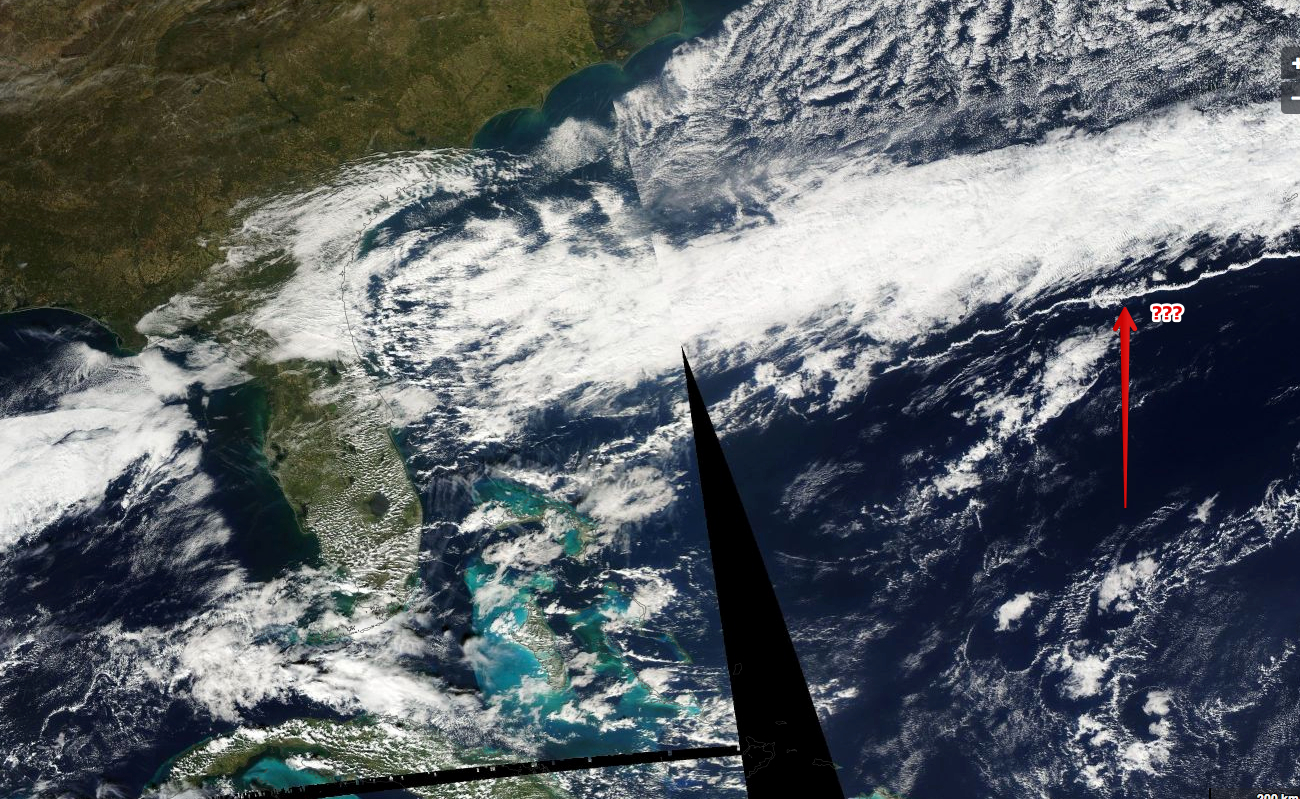No drama, George. The EPA was able to classify CO2 as a pollutant. It is also caused by natural processes.
In fact, you know quite well that the persistence of contrails is entirely caused by a natural process and the persistent contrail is almost entirely formed by water naturally present in the air.
The problem is how do they classify water as a pollutant, whose water meets the criteria for the regulation, what are the penalties for violation of the regulation, and who will pay for fair and equal treatment for compliance.
Say, for instance, that American Airlines decides to fly in an "contrail free" approved sector, yet weather conditions cause them to create a contrail nevertheless. What fine do they pay? If you fine them, but another airline flies through the same area and doesn't leave a contrail, they don't get fined.
Say in the morning Delta gets to fly a direct route to a destination at any altitude because the forecast is for no contrails, yet 12 hours later Southwest Airlines is required to fly around/ over/or under a persistent contrail area which has moved over the same route.
Should Southwest be required to bear the increased cost for the circuitous route or pay a fine and make the trail anyway.
Do you rate the fine on trail length, persistence, size, spread or what?
Should the passengers be made to change their schedule, miss a connection, or fly through turbulence to stay at an altitude low enough to avoid contrail formation?
What made the difference? What you called "natural processes", yet the two companies are treated differently?
Who chooses winners and losers, and who pays to keep ice crystals from gathering in the sky?
Who determines at which point an airline is in violation, and who judges the extent of the violation?
How do you even record the violation?
Should Russ Tanner or Gnarly Carly be on the jury who judges such things?
Who is qualified to judge compliance and penalty?
How exactly do you propose to regulate/control something which is entirely dependent on a little understood chaotic "natural process", consists of a natural substance already in abundance in the atmosphere, covers 2/3rds of earth's surface and is an essential requirement for the existence of all life itself??
I'd like to see your plan, George. Maybe you can come up with something simple, but it sounds a little more complicated than other forms of "pollution control" which you mention.


